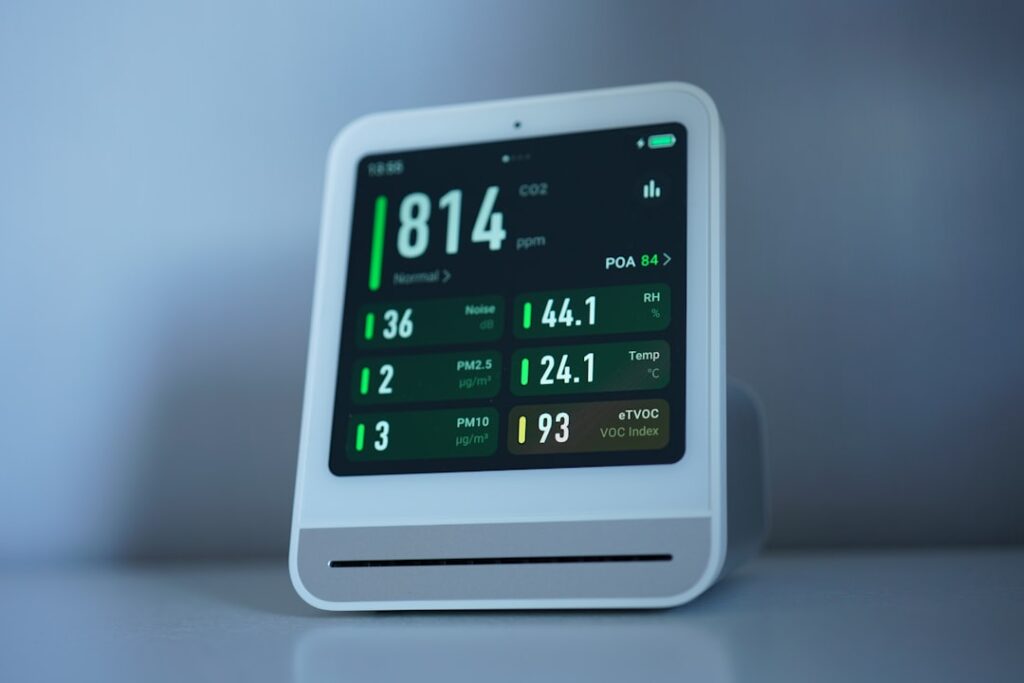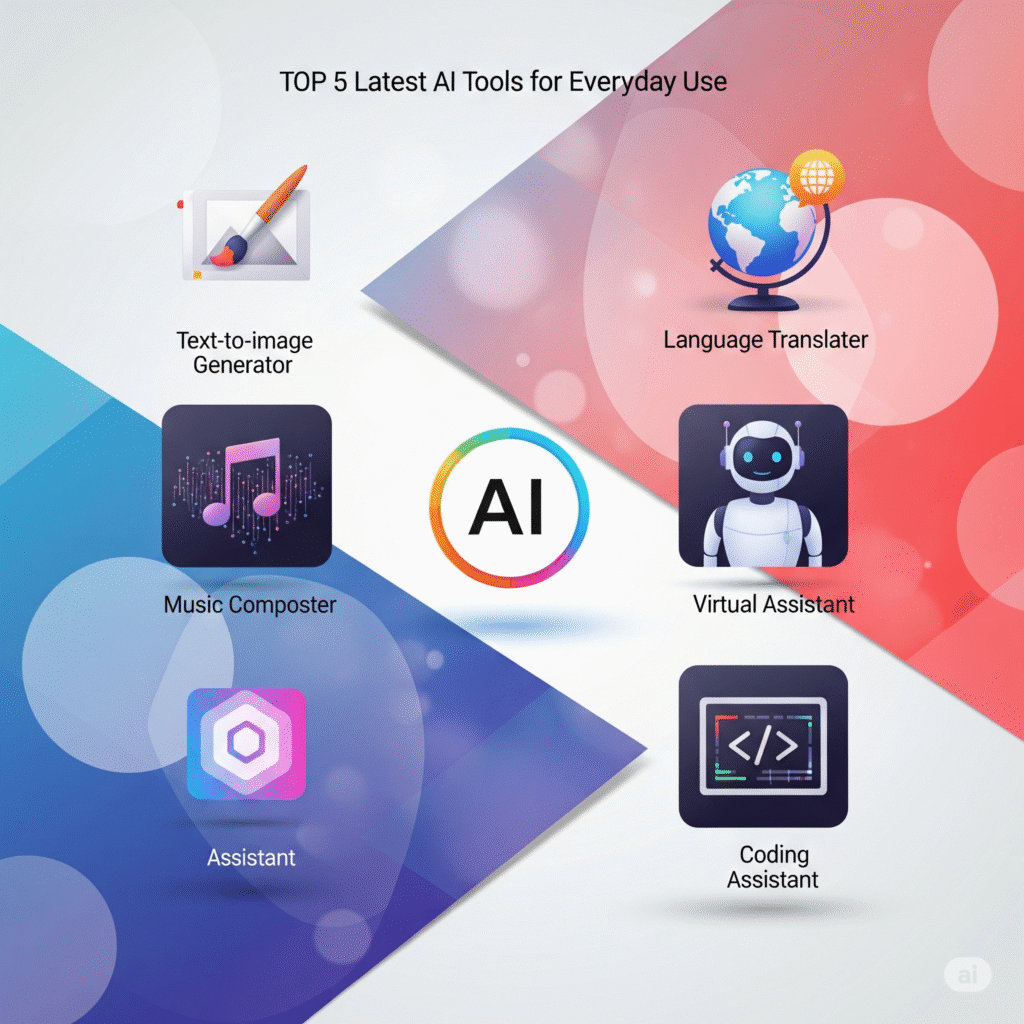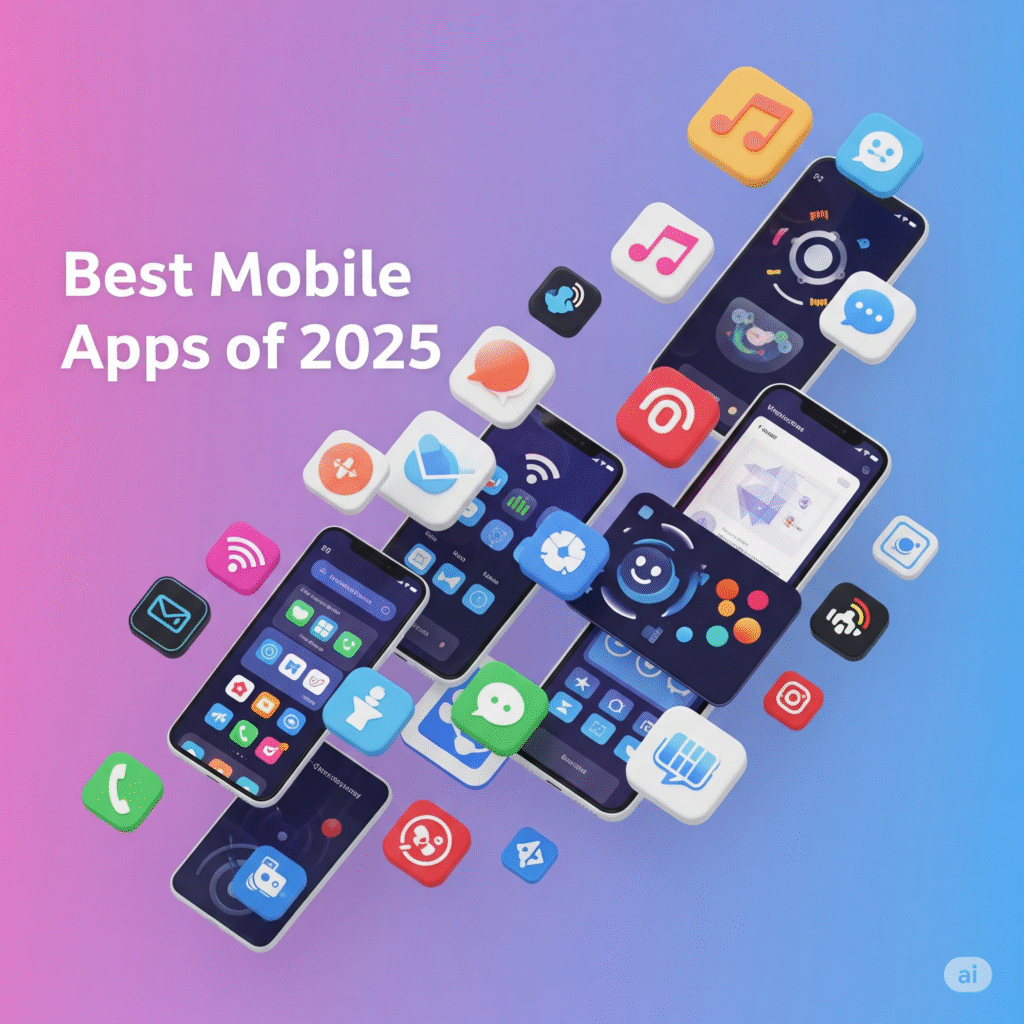Innovative AI Health Monitoring Apps Transforming Healthcare
In the rapidly evolving landscape of technology, AI health monitoring apps are emerging as game-changers in the healthcare sector. These applications leverage artificial intelligence to assist in tracking health metrics, providing insights, and facilitating communication between patients and healthcare professionals. As the demand for personalized health management increases, understanding the potential of these tools becomes essential.
Understanding AI Health Monitoring Apps
AI health monitoring apps are software solutions that utilize algorithms and machine learning to analyze health data collected from various sources. They often integrate with wearable devices, sensors, and smartphones to monitor vital signs such as heart rate, blood sugar levels, and physical activity. The use of AI allows these applications to deliver real-time insights and predictive analytics, enhancing the way patients manage their health.
Key Features of AI Health Monitoring Apps
- Real-time Data Tracking: Continuous monitoring of health metrics like blood pressure and glucose levels.
- Personalized Health Insights: Tailored recommendations based on individual health data and patterns.
- Integration with Wearable Devices: Compatibility with devices like fitness trackers and smartwatches for seamless health monitoring.
- Predictive Analytics: Utilizing AI to forecast potential health issues before they become critical.
- Remote Patient Monitoring: Enabling healthcare providers to track patients’ health remotely, improving care efficiency.
Benefits of AI Health Monitoring Apps
The integration of AI into health monitoring presents numerous advantages for both patients and healthcare providers. Here are some key benefits:
Enhanced Patient Engagement
AI health monitoring apps foster a more engaged patient experience by empowering users to take charge of their health. The easy access to health data enables individuals to make informed decisions and adhere to prescribed treatment plans.
Improved Healthcare Outcomes
These applications can highlight trends and anomalies in a patient’s health, allowing healthcare providers to intervene proactively. This timely response can significantly reduce hospital readmissions and improve overall health outcomes.
Ethical Considerations and Challenges
Despite the potential benefits, the use of AI in healthcare also raises ethical and practical challenges. Data privacy remains a significant concern as these apps collect sensitive health information. Ensuring compliance with regulations like HIPAA is crucial for developers and providers alike.
Data Security Issues
With the risk of data breaches, maintaining robust security measures is essential. Users must be protected from unauthorized access to their health data, making security a top priority for app developers.
Potential for Misdiagnosis
While AI algorithms can assist in analysis, reliance solely on technology without human oversight can lead to misdiagnosis or oversight of critical health issues. It’s important that AI tools complement rather than replace the expertise of healthcare professionals.
The Future of AI Health Monitoring Apps
The future looks promising for AI health monitoring apps, with continuous advancements in functionality and user experience. As technology evolves, we can expect to see:
- Greater Personalization: More sophisticated algorithms will enhance the personalization of health advice and interventions.
- Broader Integration: Wider compatibility with various health devices and platforms will create a more holistic view of individual health.
- Increased Collaboration: Enhanced collaboration between AI systems and healthcare providers to ensure comprehensive patient care.
Conclusion
AI health monitoring apps are poised to revolutionize healthcare by providing users with tools to actively manage their health. With real-time monitoring and predictive analytics, these applications not only empower patients but also support healthcare providers in delivering quality care. However, as we embrace these innovations, it is crucial to address the ethical concerns surrounding data privacy and accuracy. The future of healthcare will undoubtedly be shaped by the capabilities of AI health monitoring apps, enhancing our ability to promote wellness and prevent diseases.
Benefits of AI Health Monitoring Apps
AI health monitoring apps offer numerous advantages that enhance patient care and streamline health management. One significant benefit is their ability to provide real-time data analysis. By continuously monitoring health metrics, these applications can detect anomalies and alert both patients and healthcare providers promptly. This proactive approach often leads to early intervention, significantly improving health outcomes.
Personalized Health Insights
Another compelling feature of AI health monitoring apps is their capacity to deliver personalized health insights. By analyzing individual data patterns, these tools can tailor recommendations specific to users. For instance, they can suggest dietary changes, exercise regimens, or even medication adjustments based on the user’s health history and real-time data. Such personalized feedback is invaluable, helping individuals make informed decisions about their health and wellness.
The Integration of AI Health Monitoring Apps in Daily Life
As technology continues to evolve, the integration of AI health monitoring apps into everyday life becomes increasingly seamless. These applications are not only designed for clinical environments but are also user-friendly for personal use. By incorporating reminders for medication, scheduling appointments, and tracking lifestyle choices, they empower users to take charge of their health proactively. Moreover, the data collected can be shared effortlessly with healthcare providers, fostering a collaborative approach to patient care.
Future Perspectives
The future of AI health monitoring apps is promising, with advancements in artificial intelligence and machine learning paving the way for even more sophisticated tools. Solutions like predictive analytics will likely enhance their ability to foresee health issues before they escalate. As healthcare increasingly embraces digital transformation, these apps could become essential companions for individuals seeking to optimize their health and wellness through innovative technology.


